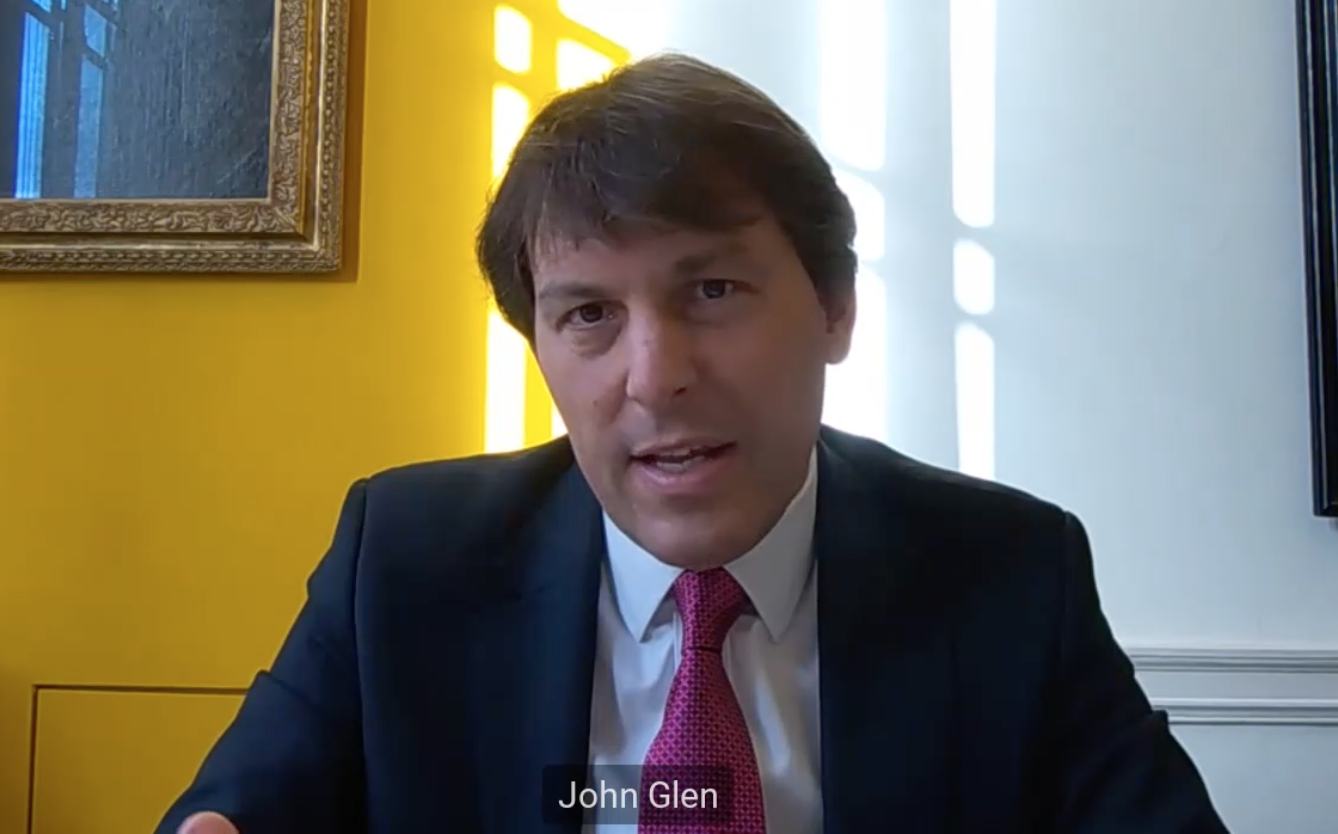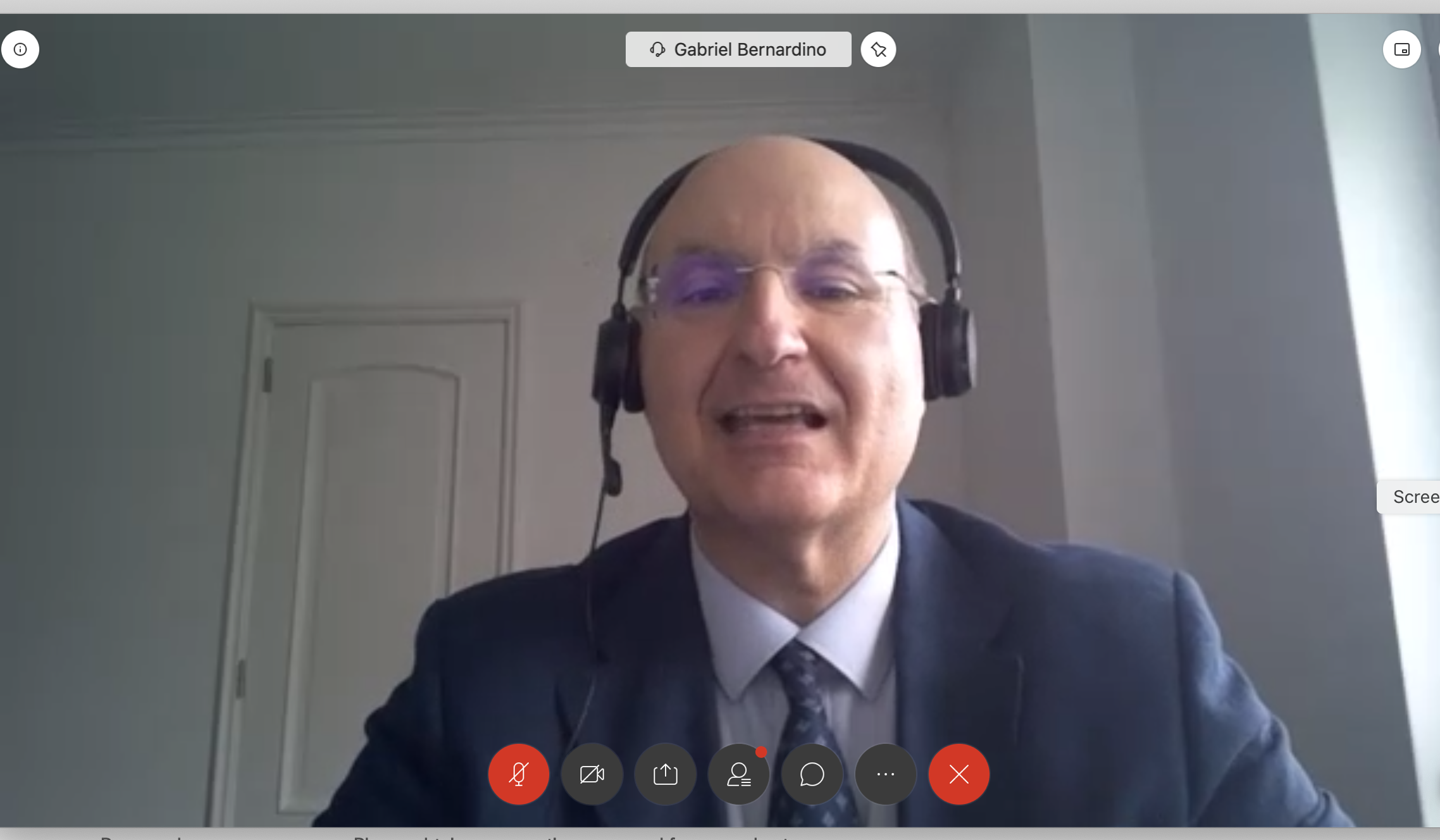A new report commissioned by the Association of British Insurers, published today in response to the government’s consultation on Solvency II, sets out how changes to the Matching Adjustment and the Risk Margin mechanisms could free up £95bn for re-investment.
News & Commentary
Resilience is in the air. It seems wherever you turn in the world of business, someone is talking about resilience. That is certainly true of the City of London.
Gabriel Bernadino, the out-going chairman of the European Insurance and Occupational Pensions Authority (pictured above), used his speech at this week’s 10th anniversary EIOPA conference to set out an ambitious agenda for the pan-European regulator to take on greater powers.
Green bond issuance rebounded in the second half of 2020 by just enough to enable the young market to maintain its decade long record of year-on-year growth.
Hopes that the uncertainty that has surrounded the UK’s departure from the European Union for almost five years will now abate for the City of London and the UK’s financial services sector have already started to fade.
There is a joke doing the rounds on social media that says thanks for the trial subscription to 2021 but I would rather cancel it. As the world reels from yet another wave of Covid-19 and we find ourselves locked down once again, that is an understandable sentiment.






